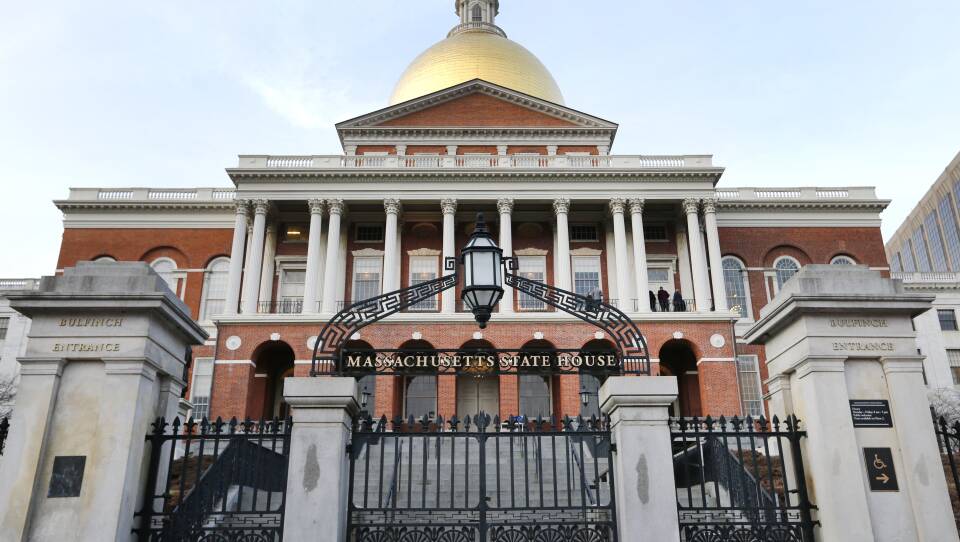The House and Senate have struck an agreement on a combined economic development and supplemental budget bill that will include relief from high energy costs, money to boost housing production, "immediate assistance" for the MBTA and more, legislative leaders said Wednesday.
Announcing that the $3.7 billion bill will be filed "imminently," House Speaker Ronald Mariano and Senate President Karen Spilka also said they are no longer considering the tax cuts and reforms that Gov. Charlie Baker had proposed and which were included in the economic development bills that the House and Senate each approved unanimously.
"Today, House and Senate leaders reached agreement on an economic development package that will help ease the financial strain brought on by challenging economic conditions in Massachusetts and across the country, thus closing the books on Fiscal Year 2022," Mariano, Spilka, and Ways and Means Chairmen Aaron Michlewitz and Michael Rodrigues said in a joint statement. "Among many vital investments, the agreement provides relief for rising energy costs, boosts housing production, provides much needed immediate assistance to the MBTA, and allocates meaningful funding for hospitals and human service workers, all while promoting economic growth through support for our small businesses and investments in our communities."
But pointing to economic uncertainty, the legislative leaders said they decided to limit spending in the new bill to one-time investments only, a move that appears to scrap roughly half a billion dollars per year in permanent tax relief both branches approved this summer.
"House and Senate leaders are committed to revisiting the issue of broader, more permanent tax relief next session," the Democrats said. "This will help to ensure that our discussion of permanent tax relief can and will be informed by the views of a newly elected Legislature and Governor, while considering the looming challenges facing the Commonwealth."
The statement did not say when the House and Senate plan to act on the new bill, whose text has not yet been released. Both branches meet Thursday at 11 a.m. in informal sessions, meaning the objection of any single member could derail the bill's passage.







